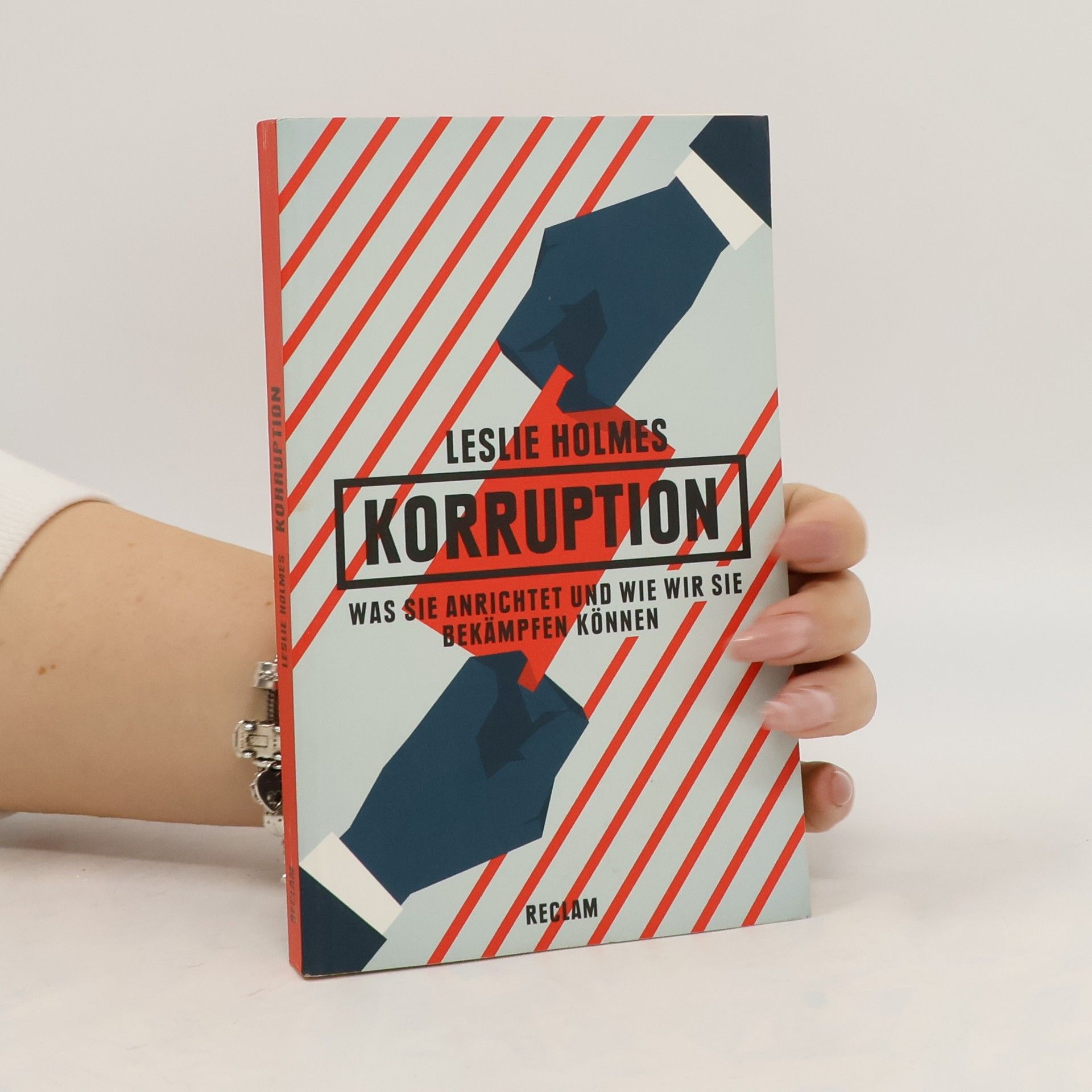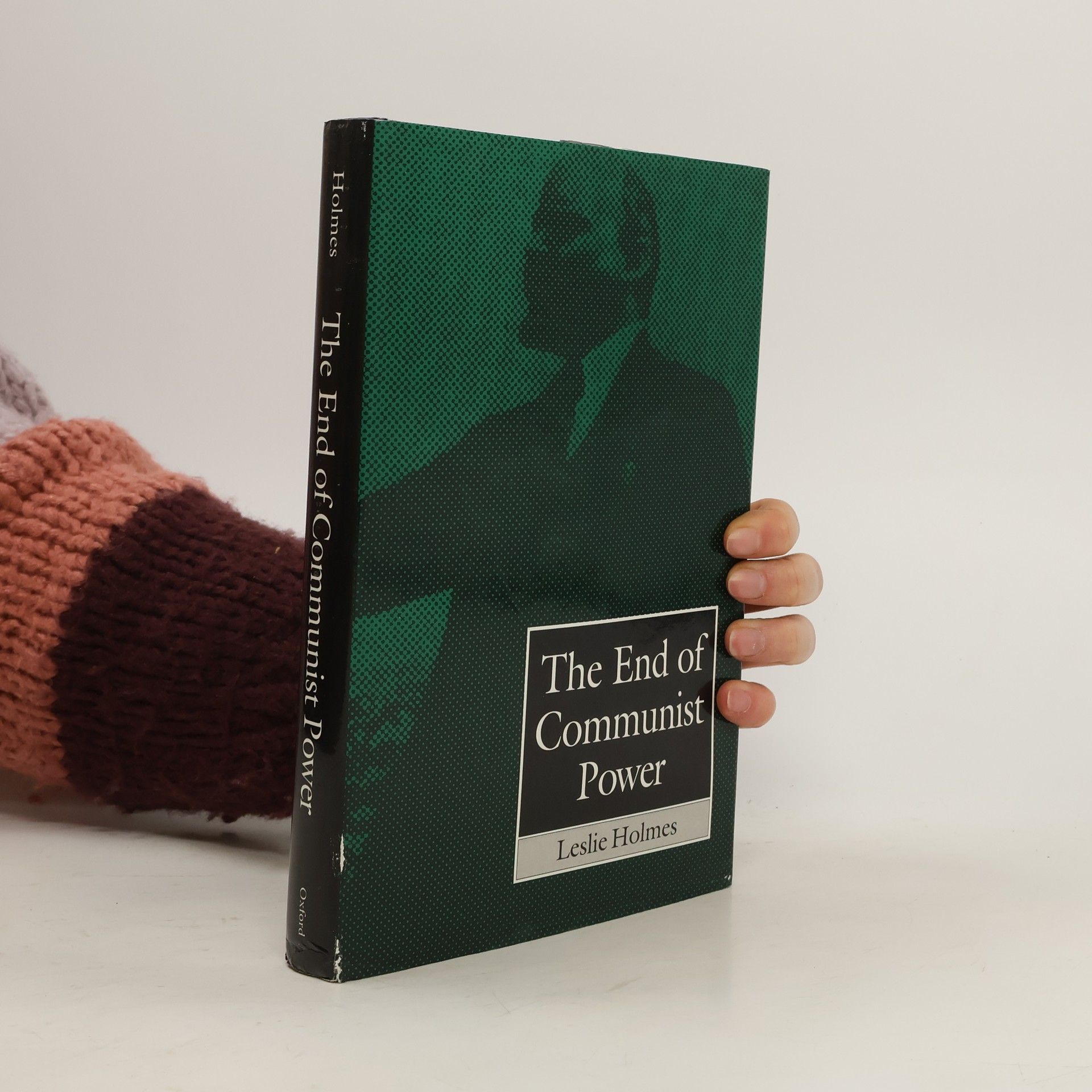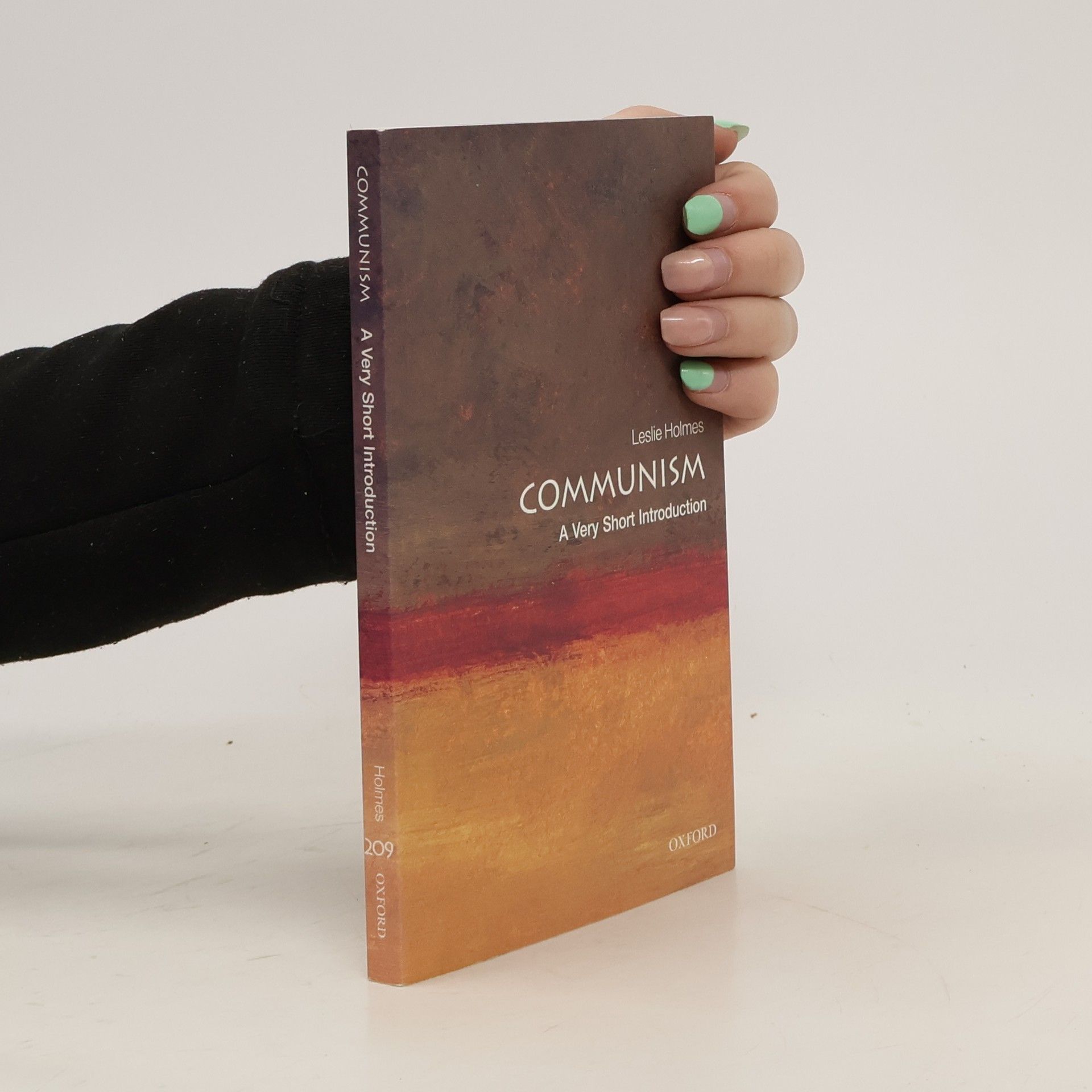Focusing on police corruption, this book examines four country case studies, providing in-depth insights relevant to corruption studies, criminology, police studies, and security. It serves as a valuable resource for students, researchers, and practitioners in anti-corruption and law enforcement fields, highlighting the complexities and challenges faced in tackling corruption within police forces.
Leslie Holmes Book order (chronological)





Korruption gehört auch im 21. Jahrhundert zu den drängendsten Problemen der Weltgemeinschaft. Sie verursacht einen immensen wirtschaftlichen Schaden und untergräbt zugleich Bestand und Entwicklung rechtsstaatlicher Strukturen. Dabei gibt es korrupte Beamte und Politiker ebenso wie Unternehmer, die politische Entscheidungen oder die Vergabe von öffentlichen Aufträgen in ihrem Sinne beeinflussen, nicht nur in den sogenannten »Entwicklungsländern«. Die Skandale der letzten Jahre haben zur Genüge gezeigt, dass auch Industriestaaten für Korruption anfällig sind. Leslie Holmes gibt einen Überblick zu den diversen Formen der Korruption, erläutert ihre Ursachen und zeigt, wie sie sich wirksam bekämpfen läßt.
Corruption: A Very Short Introduction
- 144 pages
- 6 hours of reading
Corruption one of the biggest issues facing the contemporary international community. In this Very Short Introduction, Leslie Holmes explores the problem - how it is defined, the impact it has on society, politics, and the economy, its various causes - and considers how we might deal with it globally.
Communism: A Very Short Introduction
- 155 pages
- 6 hours of reading
The collapse of communism was one of the most defining moments of the twentieth century. This Very Short Introduction examines the history behind the political, economic, and social structures of communism as an ideology.
Account of the collapse of the communist-ruled states. Analyses the nature of the legitimation crisis that developed following the failure of the economic reforms of the 1960s and 1970s, and considers the role of official corruption and anti-corruption campaigns. Includes a bibliography and an index. The author is Professor of Political Science at the University of Melbourne.